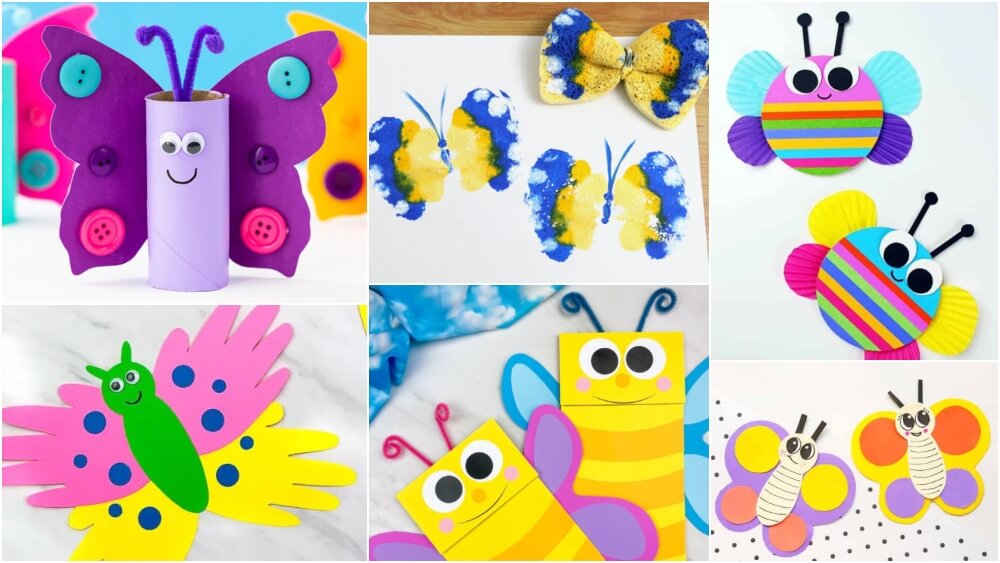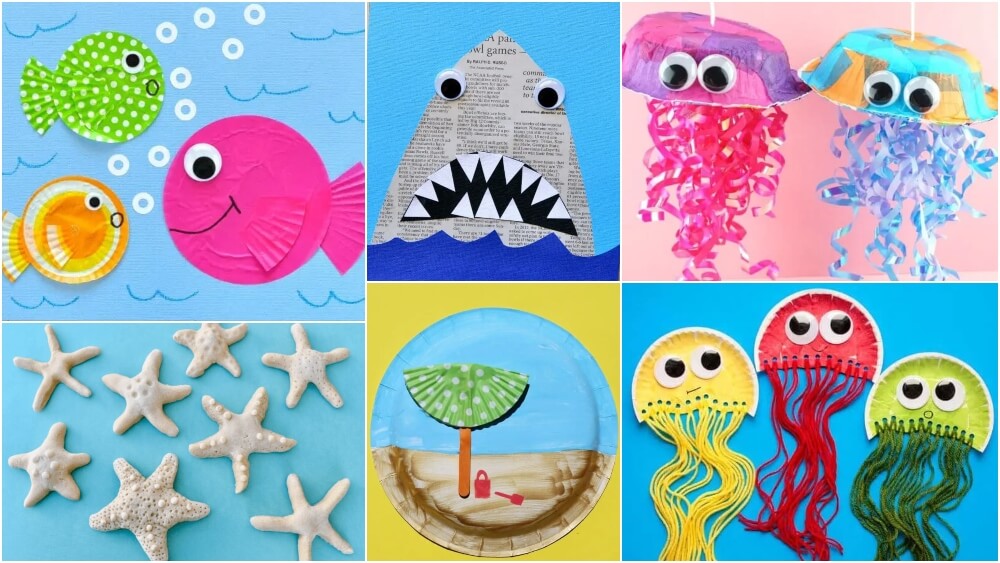Internet Safety For Kids

Internet Safety For Kids
When we talk about the Internet, we seriously talk about everything. Internet connects people from different nations, states, cities even astronauts from space, so it is very necessary to know what safety measures you have to keep in mind before or while using the internet. Internet safety is not only important for kids but also for elders too. Social media, email addresses, passwords, talking to strangers or sharing your personal information on social networks, you have to keep your wide eye open whenever you feed something on the internet or you can ask for your elder ones whenever you feel any kind of difficulty.
If you’re reading this right now my powers of deduction tell me that there’s about a 100% chance that you use the Internet. I’m super glad you’re here and since you’ve already conveniently placed yourself online we’re going to talk to you today about Internet safety.
Below is the video which lets you know that why do we need Internet Safety education for children.
Why do we need Internet Safety education for children?
Today we’re going to give you our top four things that you absolutely need to know about Internet safety. Are you ready?
Going online is sort of like going outside, it’s safe as long as you remember some simple rules.
-
Online life is real life
We work online, play online, shop, talk and share online the things we say and do there have real effects on our lives, so before you say or do anything in the virtual world ask yourself would I do this in person remember this first tip and the rest are pretty common-sense.
-
Keep your identity a secret
Websites and apps are public spaces you wouldn’t walk around handing out your name and personal info. So you need to be just as careful online. Lots of services will ask for your name, email address and other stuff before you can register. They also may request access to your contact list so it’s a good idea to check out their privacy policy. That’s an explanation of how they plan to use any info you give them. These documents can be long and confusing so ask a grown-up to help you. Separate the good sites from the bad. That’s especially true. Social networks don’t sign up for any of those without your folks permission and if you need a screen name it’s something totally different than your old one. That doesn’t give away anything about your age, location or gender. Sure most of your instant snap friends know you from real life. You also have a bunch of contacts that you’ve never met, which brings us to our next point rule.
-
Be extra careful with strangers
If you have any online friends, remember all you know about them is what they tell you. That makes it easy for people to hide who they really are. It’s a terrible thing to think about but there are adults who use the Internet to trick kids. No that doesn’t mean you can’t have online friends as long as you keep your personal information secret. There’s nothing anyone can do to harm you. Letting your parents know about your online friends is a good idea to get your parents involved, if an online buddy wants to meet face-to-face or even if you want to send a picture of yourself. While we’re on the subject of strangers, remember that they’re not the only danger. Someone you know can also use your personal information against you too. So don’t go telling your contact info to just any kid from school. Yeah! Bullying hurts just as much online as in person.
-
Tell somebody
If anyone makes you feel bad or uncomfortable, save any messages or screenshots that show what’s happening. You can block those people and report them to the site’s administrators and remember your parents and teachers are there to help protect you from bad stuff. So let them help.
-
Protect your passwords
This one’s simple. Use strong passwords containing letters, numbers and symbols. Keep them in a safe place and don’t tell them to anybody. Not even your best friend needs to know your passwords.
-
Be nice
It’s up to you to help make the internet a better place. Be nice to people and respect their feelings and beliefs. Most likely they’ll return the favour. Besides you can get banned for being rude.
You’ll notice that a lot of these rules involve checking out stuff with your parents or some other adult you trust. The online world can be a ticklish place for kids to navigate without a little help.






Responses